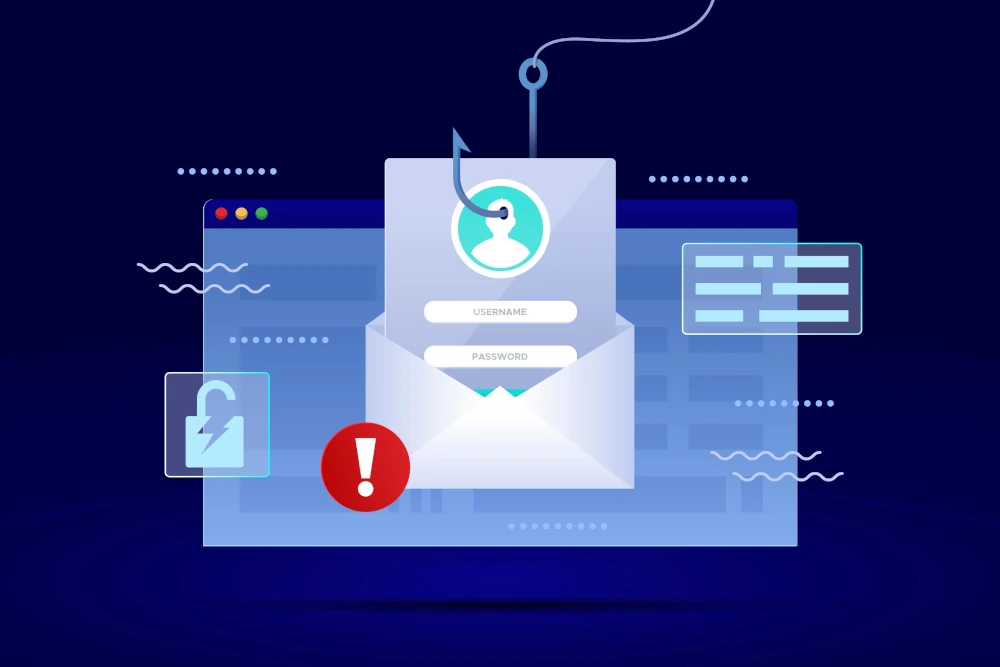Computer Security Software Scams
Computer security software scams are becoming increasingly prevalent in today’s digital world. These scams target unsuspecting individuals, tricking them into downloading fraudulent antivirus software, falling for phishing schemes, or unknowingly installing malware or spyware on their devices. In order to protect yourself from these scams, it is important to be able to identify them. Watch out for unsolicited offers, pop-up ads, and unfamiliar websites. To avoid falling victim, conduct research on computer security software, exercise caution with pop-up ads, and only download from reputable websites. By staying vigilant and educated, you can ensure the security of your computer and personal information.
Introduction
Definition of ‘Computer Security Software’
Computer security software refers to a wide range of programs and tools designed to protect your computer system from various threats, such as viruses, malware, spyware, and other malicious activities. These software solutions are essential for safeguarding your personal and sensitive information, as well as ensuring the smooth functioning of your device.
Overview of the Problem
Unfortunately, the prevalence of computer security software scams has been increasing rapidly in recent years. Scammers and cybercriminals are continuously devising new methods to trick unsuspecting individuals into downloading fake or malicious software. These scams can lead to severe consequences, including identity theft, financial loss, and compromised personal information. Therefore, it is crucial to be aware of the different types of computer security software scams and understand how to identify and avoid them.
Types of Computer Security Software Scams
Fake Antivirus Software
One of the most common forms of computer security software scams is fake antivirus software. Scammers design these seemingly legitimate programs to mimic trusted antivirus software, tricking users into believing that their computer is infected with a virus or malware. They often try to scare users into purchasing their fake software by displaying alarming warning messages and false scan results. However, if you fall victim to this scam and download the fake antivirus software, it can infect your computer with actual malware and compromise your system’s security.
Phishing Scams
Phishing scams are another prevalent type of computer security software scam. In these scams, cybercriminals create fake websites, emails, or messages that appear to be from reputable companies or organizations. They use various tactics to persuade individuals to share their personal information, such as passwords, credit card details, or social security numbers. These phishing scams can be highly sophisticated and often target unsuspecting users who may unknowingly provide their sensitive information, leading to identity theft or financial fraud.
Malware/Spyware
Malware and spyware are malicious software programs that can infect your computer system and cause considerable damage. Scammers often disguise these programs as legitimate computer security software, tricking users into downloading and installing them. Once installed, malware and spyware can collect sensitive information, track your online activities, slow down your computer, or even grant unauthorized access to hackers. These scams can result in significant privacy breaches, financial loss, and system instability.
Identifying Computer Security Software Scams
Unsolicited Offers
One common way to identify computer security software scams is by spotting unsolicited offers. Legitimate computer security software will not randomly appear on your screen or be sent to you without your consent. If you receive unsolicited emails, messages, or pop-up ads offering free or discounted security software, it is important to be cautious. Scammers often use these unsolicited offers as a tactic to lure victims into downloading fake or malicious software.
Pop-Up Ads
Another red flag indicating computer security software scams is the presence of pop-up ads. If you encounter pop-up ads while browsing the internet that claim your computer is infected or in need of immediate security scans, it is advisable to proceed with caution. Legitimate security software does not typically use aggressive pop-up ads to gain attention. These pop-ups may be designed to trick you into downloading fake software or lead you to fraudulent websites.
Unfamiliar Websites
Be wary of computer security software offered on unfamiliar websites. Scammers often create fake websites that resemble legitimate software providers’ sites to trick users into downloading their malicious programs. To identify the authenticity of a website, check for secure website indicators, such as a padlock icon in the URL or an HTTPS connection. Additionally, always verify the reputation and credibility of the software provider before downloading any security software from their website.

How to Avoid Computer Security Software Scams
Research Computer Security Software
To avoid falling victim to computer security software scams, it is crucial to research and choose reputable and trusted software solutions. Before downloading any security software, read reviews, check user ratings, and research the software provider’s reputation. Look for well-known and established brands in the industry to ensure that you are downloading a legitimate and effective security solution.
Use Caution with Pop-Up Ads
When encountering pop-up ads offering computer security software, exercise caution and remain skeptical. Avoid clicking on these ads or providing any personal information. Instead, close the pop-up window or use an ad-blocker to prevent such ads from appearing on your screen. It is always recommended to download security software directly from the official website of a trusted provider instead of clicking on unknown pop-up ads.
Only Download from Reputable Websites
To protect yourself from computer security software scams, only download software from reputable and trustworthy websites. Stick to well-known software providers or download directly from the official websites of operating systems, such as Microsoft or Apple. Avoid downloading from third-party websites or using pirated software, as these can often be a breeding ground for scams and malware.
Conclusion
Summary
In summary, computer security software scams pose a significant threat in today’s digital world. It is essential to be aware of the different types of scams, such as fake antivirus software, phishing scams, and malware/spyware. By understanding how to identify these scams, such as recognizing unsolicited offers, being cautious with pop-up ads, and avoiding unfamiliar websites, you can protect yourself and your computer system from potential harm.
Importance of Staying Vigilant
Staying vigilant and practicing safe online behavior is crucial when it comes to protecting your computer’s security. Regularly updating your security software, being cautious of suspicious emails or messages, and avoiding downloading software from unknown sources are all essential habits to ensure that your computer remains secure. By staying informed and taking proactive measures, you can significantly reduce the risk of falling victim to computer security software scams. Remember, it’s always better to be safe than sorry when it comes to your computer’s security.




